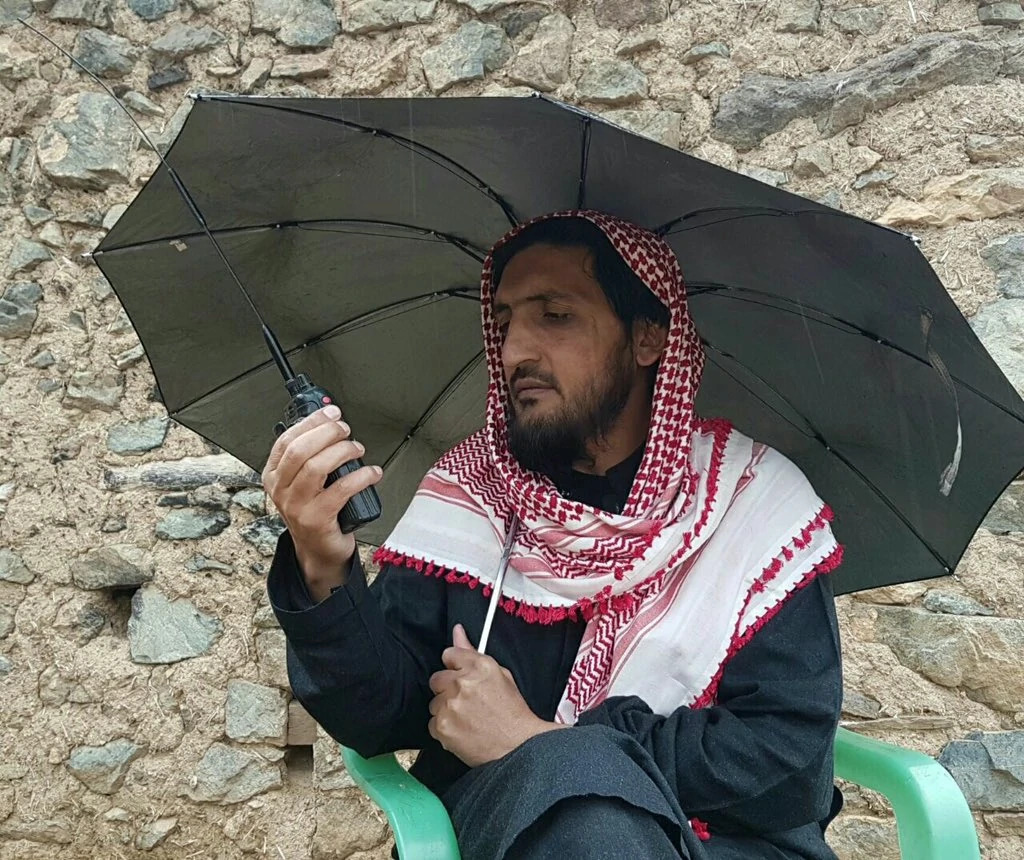Khorasani was among the last few of those who had survived and thrived for over a decade since 2007 when TTP was formed.
New Delhi: The killing of Tehreek-e-Taliban Pakistan (TTP) commander Omar Khalid Khorasani in a roadside blast targeting his convoy in eastern Afghanistan on the night of 7 August, along with three other leaders of the said group, has brought to the fore the emerging fault lines among the armed group that is right now engaged in a prolonged Taliban meditated peace talk with the Pakistan military.
The death of Khorasani becomes important as he was among the last few of those who had survived and thrived for more than one decade since 2007 when TTP was formed and had a significant following among those who sympathise with the TTP. Significantly, he survived multiple large-scale Pakistan army operations that were carried out to eliminate the TTP leaders, but was killed
The Haqqani network for long, as per the claims made by TTP insiders and as per inputs by global intelligence agencies, was working as a “pro-Pakistan military” entity. The said “anti-talk” stand that was being taken by Khorasani, former and present TTP personnel claimed, was the reason behind his death.
On 9 August, the TTP in its official press release, stated that Khorasani was killed by the “enemy” without taking the name of who this enemy was. TTP personnel who spoke to The Sunday Guardian said that the said attack, which was carried out in the Barmal district of Paktika province of Afghanistan that lies on the AfPak border, was carried out on the orders of the Pakistan intelligence agency, the Directorate of Inter-Services Intelligence (ISI).
This was done to remove, they claimed, the only “super” commander of the TTP who was resisting the conditions that were being imposed by the Pakistan army and to give a message to other TTP commanders that they, too, can meet the same fate if they do not accept the condition for the peace talks that are being dictated by the army.
Former TTP spokesperson, Ehsanullah Ehsan, who was counted as among the closest associate of Khorasani, on 9 August, while quoting the TTP press release, tweeted that the TTP has “lost” (its fight against the Pakistan army) as it could not even name his murderer. “If you cannot talk about the revenge of your most senior commander, cannot name his murderer, cannot refuse to negotiate with his murderers, cannot end the ceasefire in which he was martyred, understand that you have compromised with the enemy and lost.”
The talks between the TTP and the army, which has been taking place in Afghanistan since October last year and reached a concrete position in May this year, is being brokered by Taliban Afghanistan chief Sirrajuddin Haqqani. The killing of Khorasani, according to two different theories emerging from Kabul, where the peace talks are taking place, can either force the TTP chief Mehsud to agree to all the conditions that the army has been asking him to accept or it might force him to walk out of the talks in view of the anger among the TTP cadre over the killing of one of their most popular commander and begin carrying out a large scale “war” against the Pakistan army while ignoring the threat from the Taliban and Haqqanis.
However, the second option comes with considerable risk to the TTP as it is expected that if the Taliban decides to side with the Pakistan army, then the TTP will lose much of its capability to carry out attacks against the Pakistan army which it does by moving in and out of the Afghanistan border.

